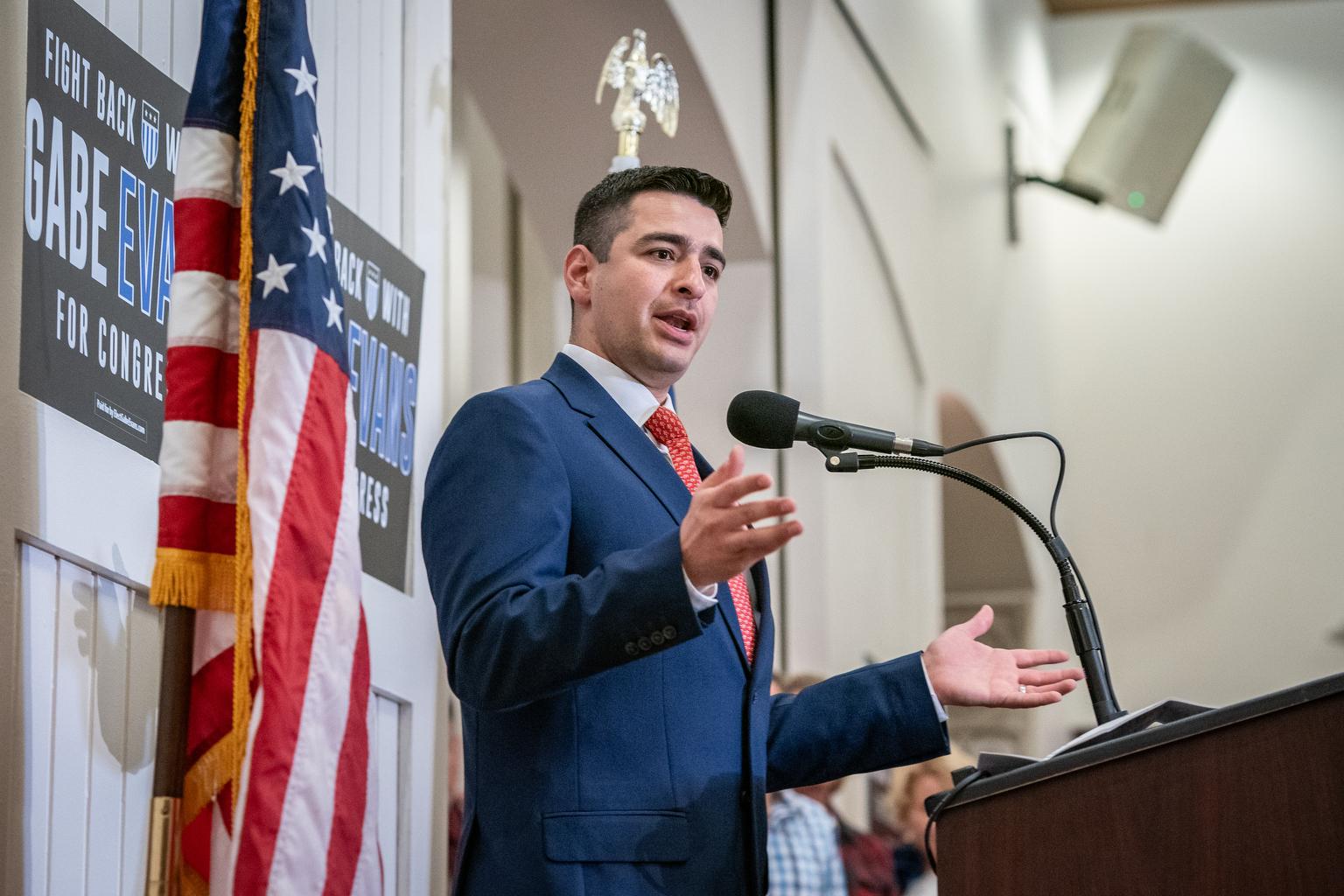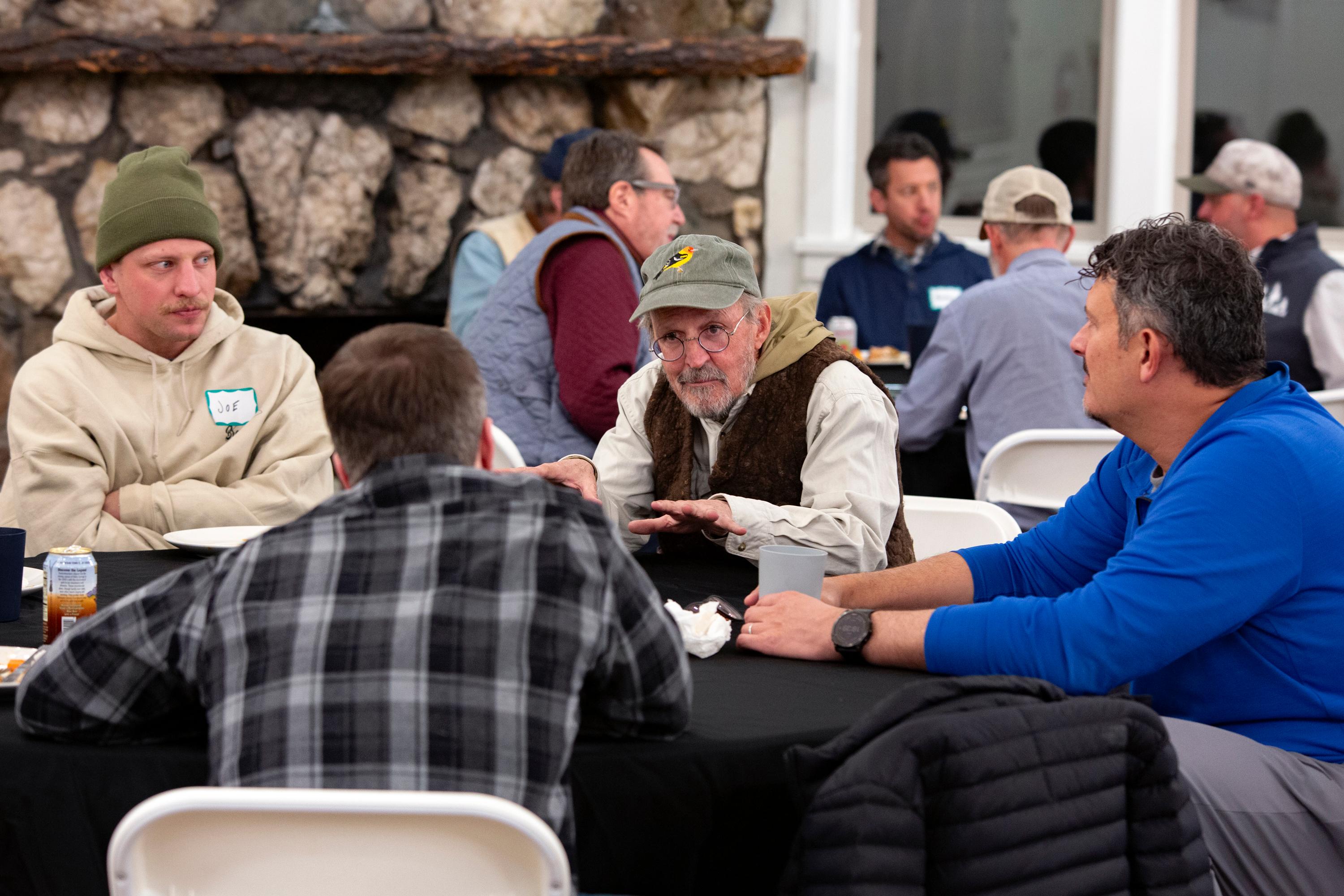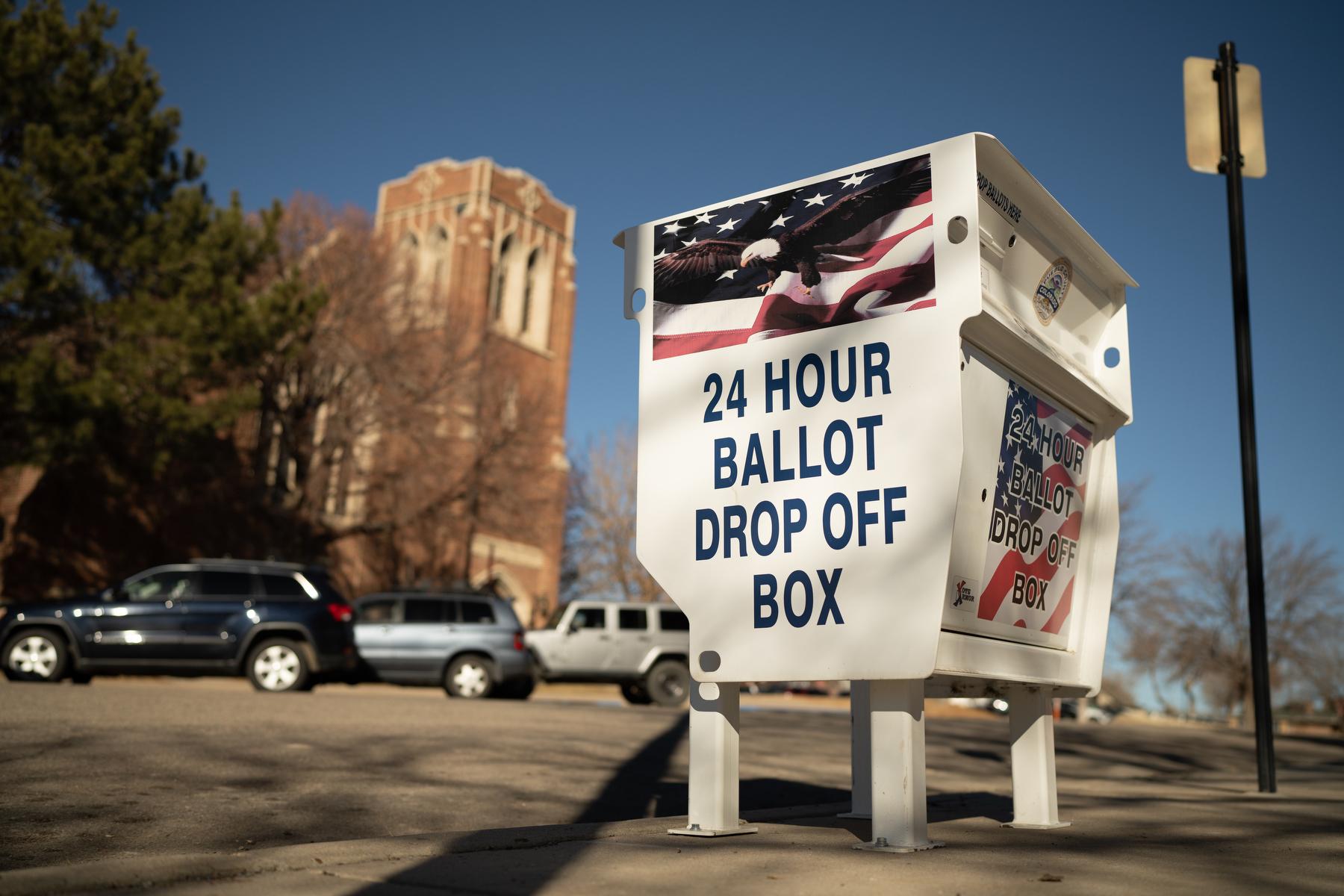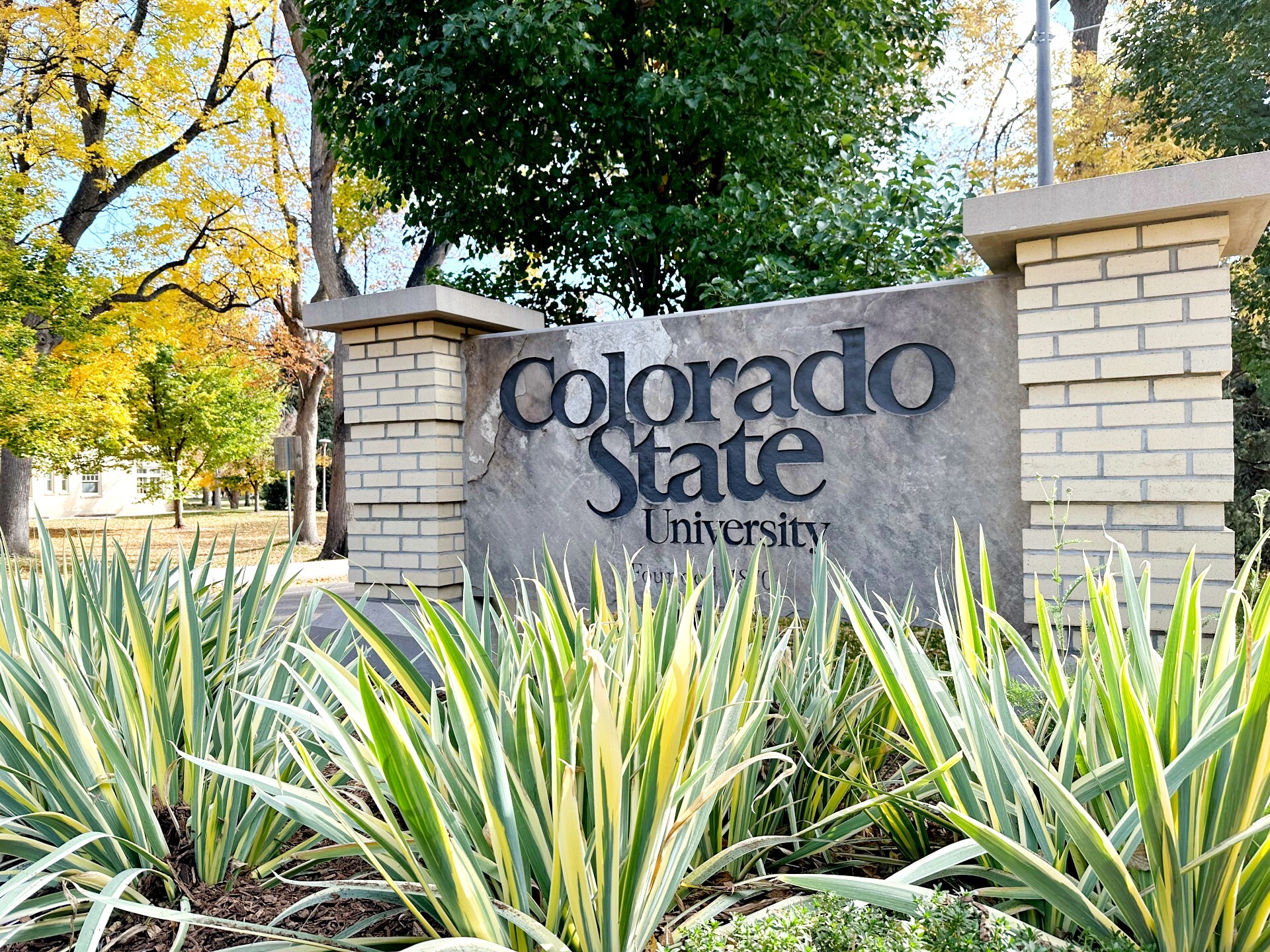
GOP Rep. Gabe Evans has often invoked his maternal grandfather’s story when talking about immigration policy.
“As the grandson of somebody who immigrated to the United States from Mexico, I also know that we have to have a more streamlined process for those individuals who want to follow the law, who want to do it the right way, and who want to come to the United States to be a contributing part of that American dream,” Evans told CPR’s Colorado Matters in October 2024. “Like my abuelito, who raised his right hand and was wounded twice in World War II in service and in defense of his adopted home.”
Turns out Evans’ grandfather’s journey to becoming a U.S. citizen was a bit more complicated.
According to Colorado Newsline, when Evans’ grandfather was five years old in 1929, he crossed into the U.S. unlawfully with his mother and siblings. This is not a point that Evans has brought up, using words like “immigrated” or “earned” citizenship. Colorado Newsline obtained historic documents describing the journey to citizenship taken by Evans’ grandfather, Cuauhtemoc Chavez, through records maintained by U.S. Citizenship and Immigration Services.
As a 16-year-old, Evans’ grandfather was arrested for an “immigration violation” and subject to “deportation proceedings.” In a form, there was also an undated arrest for “attempted burglary.”
Evans told CPR News that he had not read the Colorado Newsline article that came out on Tuesday. The reporter, Chase Woodruff, reported that he did reach out to Evans’s office several times about what he learned. His story also included past references to Evans talking about his grandfather immigrating legally or in a legal way.
“I think I've always talked about doing it the ‘right way,’ which is in reference to the fact that [my grandfather] joined the military and served his country,” Evans said. Newsline’s documents show Chavez applied for citizenship in 1946.
His grandfather’s status and path to citizenship are relevant because the Trump Administration and many in the Republican Party have been pushing to deport undocumented immigrants, especially those with criminal records, sometimes without any due process.
It was a point Evans reiterated to CPR News as recently as Monday, when he talked about an immigration reform bill he’s co-sponsoring, The Dignity Act. It would provide legal status, but not to anyone with a criminal background, including those arrested for DUIs and significant traffic offenses. “Everything that we just talked about, you have criminal backgrounds, you're causing problems in the community, guess what? There's not a place here in the United States.”
It’s been a fairly consistent position for Evans. “We have to aggressively target those individuals who are illegally in our communities, committing crimes, and those are the folks that we have to deport,” Evans said during a congressional debate on immigration in early October 2024.
With regards to the arrest mentioned on his grandfather’s form, Evans focused on the fact that authorities did eventually grant him citizenship.
“This is something that happened 80 years ago,” Evans said. “I spent 10 years as a cop. You know that every single case is different in its own unique individual and the facts of that case, and nothing here abrogates what we've already talked about, which was that the authorities at the time looked at the totality of the circumstances. He joined the military, he served honorably, he gained his citizenship.”
Evans’ grandfather also benefitted from a 1944 law that eliminated proof of “lawful entry” as a requirement for citizenship.
Still, Evans said he’s focused on present-day immigration policies.
“How do we make sure that we continue to have that thoughtful policy, a map for what we always talk about, border security, crushing the cartels, crushing the criminals, crushing the gang bangers, but making sure that we also have viable pathways for people who want to come to the United States, want to work hard, want to be a contributing member of American society, and in my grandfather's case, are willing to spill their own blood in support of their adopted country.”
It’s a path not open to many undocumented immigrants right now.









